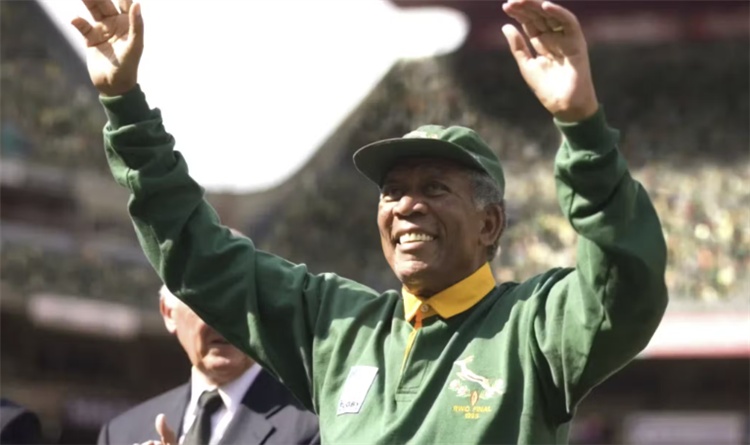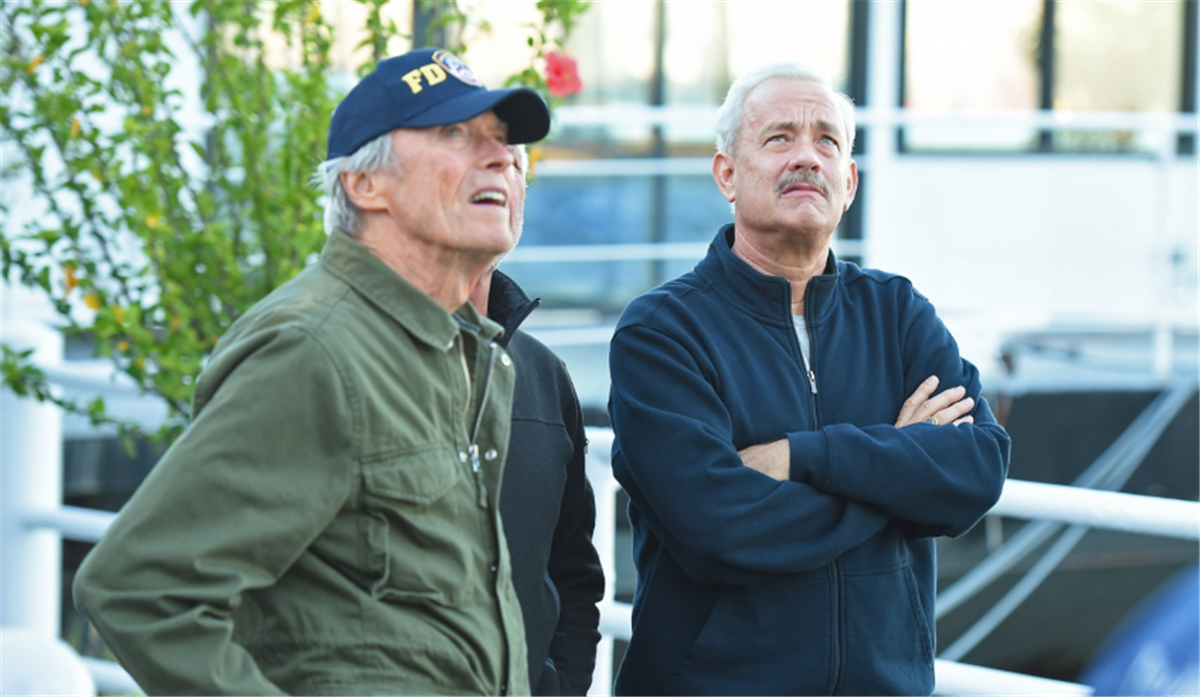Clint Eastwood is one of the rare Hollywood filmmakers who completely changed his career after attaining the highest level of success, and he did it at least twice. After what felt like a lifetime of making some of the most influential Western films ever made, Eastwood finally won the Academy Awards for Best Picture and Best Director for his brilliant neo-gunslinger thriller Unforgiven, the rare film in which he played a villain. Although this felt like a “career trophy” for his entire body of work, Eastwood took home the same prizes once more when his heartbreaking sports drama Million Dollar Baby was met with rapturous reviews in 2004. While it seemed like there was no genre he couldn’t tackle, Eastwood decided to take on one of the most critical political events of the 20th century when he signed on to direct Invictus.
There was a natural amount of trepidation that came with the announcement of Eastwood’s involvement in the project. While there was no doubt that a filmmaker of Eastwood’s caliber would be able to handle the massive scope and scandal of the film, he was also a quintessentially American filmmaker who was telling a story about South Africa. The story of South Africa’s development as a democracy required a healthy perspective on its challenging journey, and could have been perceived as a disaster if the politics weren’t properly handled. Thankfully, Eastwood merged elements of political drama with the inspirational sports movie genre to create one of his best films with Invictus.
What Is ‘Invictus’ About?

Based on the 2008 non-fiction novel Playing the Enemy: Nelson Mandela and the Game that Made a Nation by John Carlin, Invictus follows the amazing true story of South Africa’s 1995 victory at the World Cup. Outside of the fact that the team itself was considered the underdog in the match, the victory was important within the context of the nation’s political history. The freedom fighter Nelson Mandela had been finally freed from prison in 1990, and became the nation’s first democratically elected President in 1994. Although Mandela brought the nation’s policy of apartheid to an end, the wounds caused by years of racial conflict proved to be much harder to heal. However, a victory in one of the most watched sports events in the world certainly allowed the country to put its best foot forward, and generate positive headlines that initiated a sense of civic pride amongst its citizens.
Invictus examines the impact that the World Rugby tournament has on South Africa from multiple different perspectives, allowing Eastwood to get an immersive depiction of the nation’s mindset during a period of significant political upheaval. Considering that Eastwood had worked with Morgan Freeman on both Invictus and Million Dollar Baby, there was no one better to play the South African President. Eastwood spent time detailing why the match was so critical to the success of Mandela’s initial reign in office. The opportunity for South Africa to prove itself on a national stage was impossible to let slide by. Nonetheless, Mandela is also forced to ensure that the country does not splinter in divisiveness when there is more attention on its changes than ever before.
Matt Damon also plays a critical role in Invictus as Francois Pienaar, the captain and openside flanker of the South African team. While much of the film’s focus is on the intimate cabinet meetings that Mandela holds with his advisors, Invictus also delves into the pressure that is put on the players themselves. Rugby is a sport that requires immense stamina and strategy, and Eastwood found an inventive way of shooting the matches that felt like more than a generic highlight reel. The notion of teamwork is also an integral one; the prospect of a biracial team representing a country with a racist history was an important one for South Africa going into the games.
‘Invictus’ Features Great Performances From Morgan Freeman and Matt Damon

Both Freeman and Damon received Academy Award nominations for their performances, and it’s easy to see why. While there have been multiple depictions of Mandela in popular culture, Freeman had the unique challenge of showing him when he became an international presence. Invictus shows that while Mandela has successfully become a hero to his people, he is still navigating what his role should be when it comes to South Africa’s interactions with other nations. This allowed Eastwood to show a more vulnerable side to a famous figure, which cut deeper than most prestigious biopics were able to.
Damon managed to master the challenging South African accent, which was arguably one of the toughest aspects of the role to nail. Had he not been believable as a native athlete, the entire film would have felt flat on its face. However, Damon also does a great job at showing the team leadership skills that made Pienaar so critical within Mandela’s strategy. He had to position his team in a manner that allowed each of its members to succeed. Damon had proven he could do physically laborious tasks with his work in the Bourne series, but playing a sport as difficult as rugby believably required a completely different approach.
‘Invictus’ Cemented Clint Eastwood’s Interest in True Stories
The success of Invictus led Eastwood to develop more inspirational dramas based on true stories. While he had experimented with biopics like Letters From Iwo Jima and Challenging previously, Invictus was notable in how it showed how one consequential event was relevant to multiple topics of interest. His subsequent biopic films, such as Richard Jewell, J. Edgar, Sully, The Mule, and American Sniper, all examined figures whose self-determination came at a cost to their subjective vision of the American dream. While Eastwood would continue to tell true stories after Invictus, few have been as excellent as this rousing story.
Invictus is available to rent on Amazon in the U.S.
